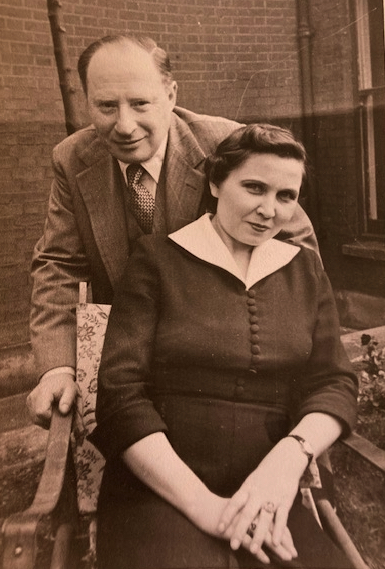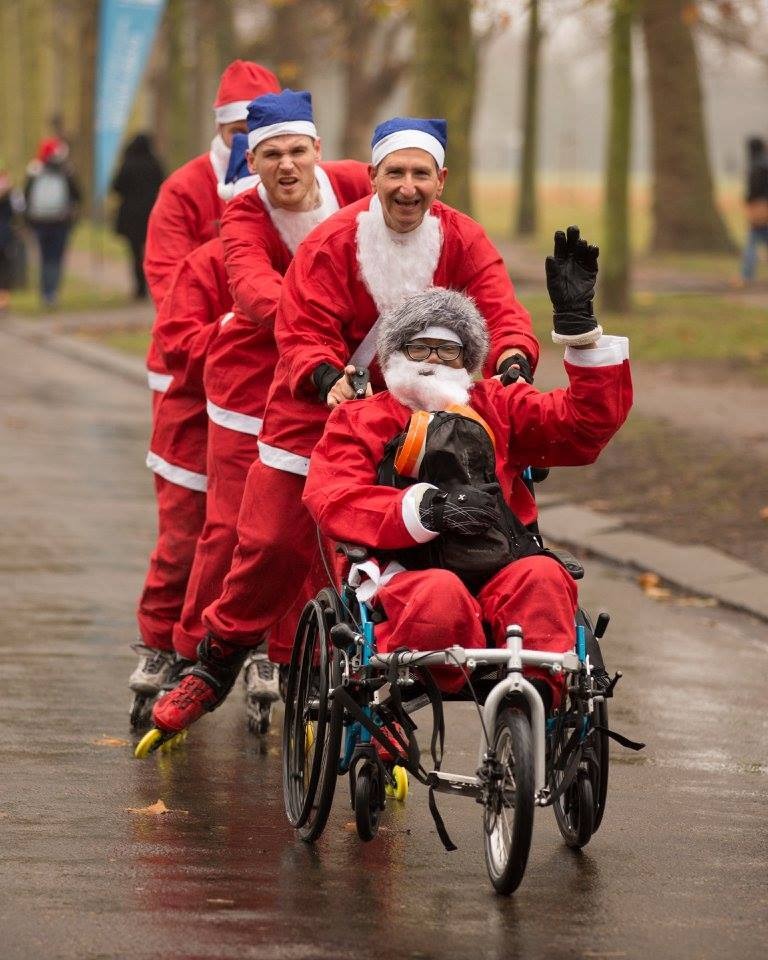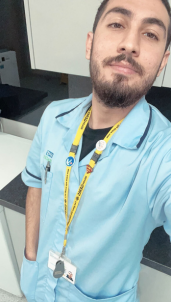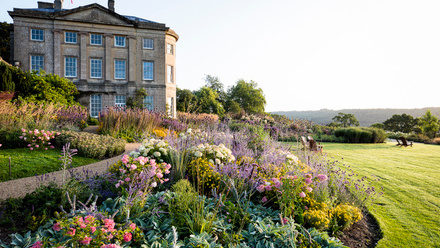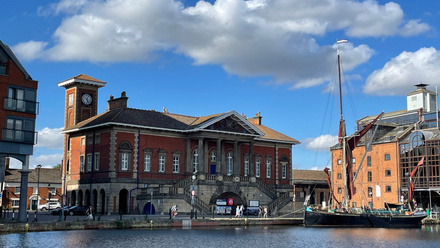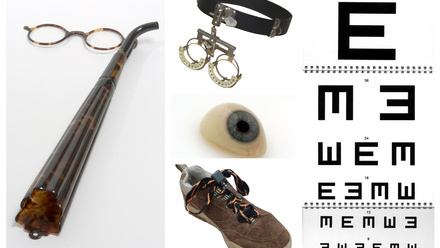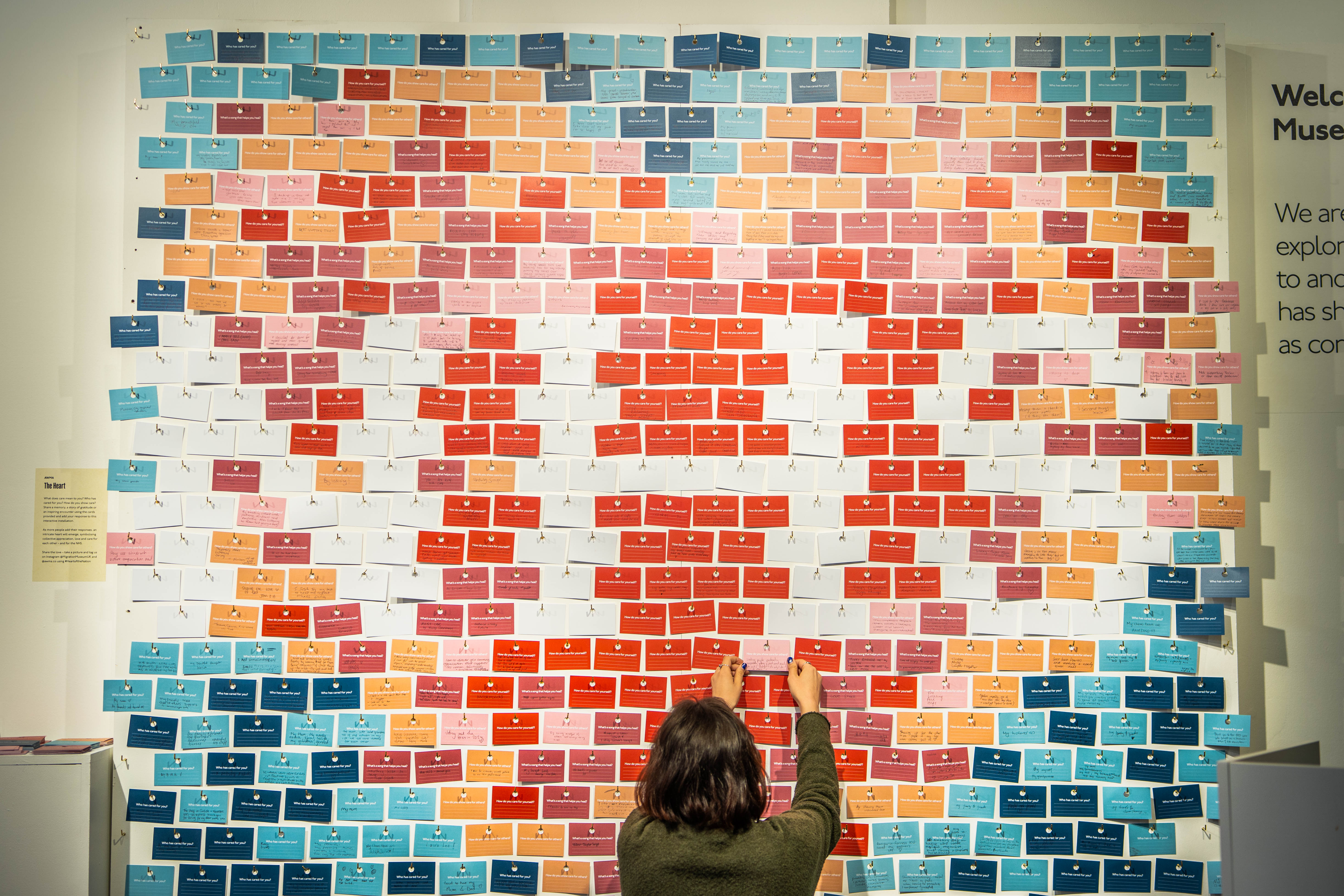
The Migration Museum explores how the movement of people to and from the UK across the ages has shaped who we are – as individuals, as communities, and as nations. Like so many things during the pandemic – doorstep gatherings and DIY haircuts – our exhibition ‘Heart of the Nation: Migration and the Making of the NHS’ was born out of necessity. Unable to open to the public, we decided to create our first digital-only exhibition – and there was no subject that felt more relevant than the staff of the NHS. It features dozens of personal stories of people who have come to Britain from around the world to build, shape and sustain the NHS at all levels since its creation in 1948. With Refugee Week (17-23 June) approaching, we wanted to highlight some of the refugee stories in the exhibition, which is now an award-winning touring display.
The pharmacist – Neena
Following dictator Idi Amin's expulsion of Asians from Uganda in 1972, Neena Lakhani was just 14 years-old when she and her family were forced to flee their home country. Given only 90 days to leave Uganda – or face imprisonment in camps – Neena and her family were just some of the 28,000 people who sought refuge in the UK around this time. Ordered to leave with one suitcase per person and no more than £55 per family, Nina’s memories of her journey to the UK are traumatic.
Experiences of malaria as a child in Africa, and the remedy quinine used to treat it, sparked an interest in the power of medicine – leading her to study pharmacy. Much of her work as a pharmacist has been hospital or primary-care based, where she has been part of a multi-disciplinary team treating patients. Her heritage also meant she was able to connect with patients when they needed it most: “Indian patients would start talking to me in Hindi or Gujarati. Suddenly, I would be pulled away from my normal job to do translations, or to hold their hands. I learned that being able to talk to people was an important skill I had.” Neena now works in academia and also has a role with the National Institute of Health Research.
All images supplied by the Migration Museum.
Find out more
- Migration Museum - The Heart of the Nation exhibition is open until 27 July at the Migration Museum in Lewisham, south London. Free admission.
- Routes - Networks - Connections - This year's festival theme.

